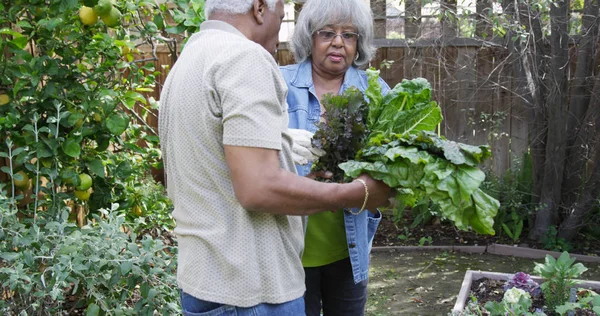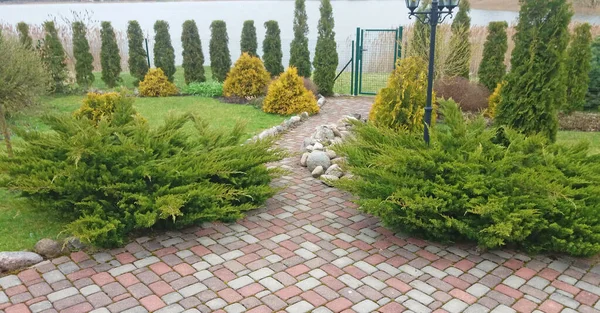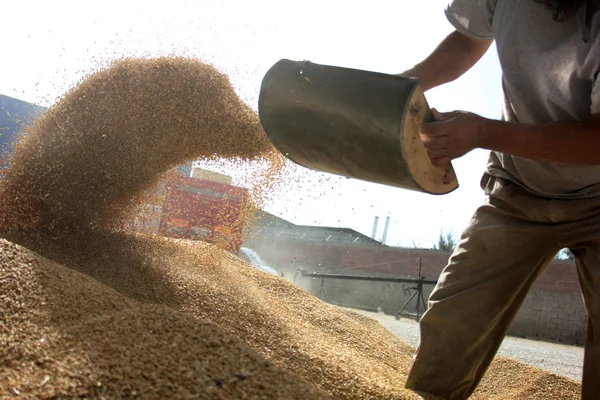Have you ever thought about starting a home garden? Maybe you’ve seen beautiful vegetable patches online or felt inspired by a friend’s balcony overflowing with medicinal herbs and flowers. Whether you’re in a bustling city like New York or London, or enjoying quieter suburban life, there’s something truly satisfying about growing your own food. But why should you cultivate a garden when you could just grab everything you need at the grocery store? Let’s dig into that (pun intended) and explore why getting your hands in the soil can change your life for the better.
1. You’ll Save Money (And That’s a Big Deal!)
One of the biggest reasons people start home gardens is to save money. Food prices are rising everywhere—from Nigeria to the USA. Growing your own vegetables and herbs can significantly reduce your grocery bill. Imagine this: instead of buying tomatoes, spinach, or mint every week, you step outside, harvest them fresh from your garden, and use them right away. Over time, that small patch of greenery will add up to big savings.
Starting small is totally fine. Even a few pots on your balcony or a small raised bed in your yard can yield enough herbs or greens to reduce your weekly grocery expenses. And once you’ve mastered the basics, you can expand your garden and grow more of what you and your family eat.
2. Fresh, Healthy, and Delicious Produce Anytime
Ever wondered why tomatoes from the store don’t taste as good as you remember? Store-bought produce often lacks flavor because it’s harvested before it’s fully ripe. When you grow your own fruits and veggies, you control when to pick them. There’s nothing like a sun-ripened tomato, a crisp cucumber, or freshly snipped herbs—grown by you. The taste is unbeatable!
And it’s not just about taste. When you grow your own food, you know exactly what goes into it. You can say goodbye to pesticides, preservatives, and other chemicals. This means you’re giving your body food that’s as fresh and nutritious as it gets. Whether you’re in Nairobi, Lagos, or Sydney, knowing your food is clean and healthy gives peace of mind.
3. Gardening Reduces Stress and Boosts Your Mood
Life can be stressful, no matter where you live. Whether it’s traffic in Mumbai, long workdays in London, or the hustle of Lagos, it can be hard to catch a break. This is where gardening comes in as a surprising but powerful stress-buster.
Studies have shown that spending time in nature, even in small doses, reduces anxiety, improves mood, and boosts overall mental well-being. There’s something therapeutic about digging in the dirt, watering plants, and watching them grow. It helps you slow down, focus, and disconnect from the noise of everyday life. Even if you’re only working with a few containers of herbs on your apartment windowsill, you’ll find that caring for them can give you a sense of calm.
So, whether it’s early mornings before work or evenings after a long day, tending to your little green space can help you unwind.
4. It’s a Fun and Educational Family Activity
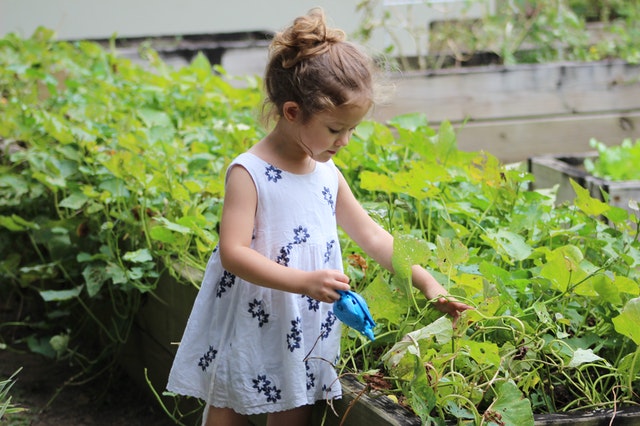
If you’ve got kids, home gardening for kids activities can be an awesome way to bond as a family. Kids love to get messy, and there’s nothing more fun than playing with soil and water while learning how plants grow. You can turn gardening into an exciting science lesson—showing them how seeds sprout, flowers bloom, and fruits grow. They’ll feel proud when they pick something they grew themselves.
It’s not just about the kids, though. As adults, we often forget to take joy in the simple things. Gardening reminds us to appreciate the little wins: a new sprout, a blossoming flower, or the first ripe tomato of the season. Plus, working together in the garden can strengthen family bonds, creating shared memories and experiences.
5. Urban Gardening Saves Space and Maximizes Yields
If you live in a city or have a small yard, don’t worry—you don’t need acres of land to cultivate a productive garden. In cities like Toronto, Lagos, and Nairobi, urban gardening is booming. People are finding creative ways to grow food in small spaces, like rooftops, balconies, and even indoors.
With a little creativity, you can use vertical gardening techniques (like stacking pots) or hanging planters to make the most of tight spaces. Raised beds, container gardening, and hydroponics (growing plants in water) are all great options for urban dwellers. You don’t need a farm—just a little imagination and determination.
No matter how small your space, you can still enjoy the benefits of homegrown produce.
6. Gardening Promotes Sustainability and Reduces Waste
In a world where climate change and sustainability are hot topics, gardening can be your small way of making a difference. Every tomato or head of lettuce you grow at home is one less item that needs to be shipped across long distances, which reduces your carbon footprint.
Plus, growing your own food can help reduce food waste. Often, we buy more than we can eat from the store, and excess produce ends up in the trash. When you cultivate at home, you can grow exactly what you need, harvest as you go, and even compost your kitchen scraps back into the garden. It’s a win-win for you and the planet.
7. Gardening Builds Community and Self-Sufficiency
Starting a garden can open up new connections in your community. Many neighborhoods have community gardens, where people share spaces and resources to grow together. These gardens not only provide fresh food but also create a sense of belonging and cooperation.
Even if you don’t have a local community garden, gardening can still help you connect with like-minded people online. Whether you’re in Kenya, India, or South Africa, joining gardening forums or groups on social media allows you to share tips, experiences, and even surplus produce with neighbors.
Additionally, the more you learn and grow, the more self-sufficient you become. You won’t have to rely on stores for everything. You’ll know how to provide for yourself, even if it’s just a small part of your diet. That’s an empowering feeling, no matter where you live.
So, why cultivate?
Because it’s more than just about growing plants. It’s about saving money, eating healthier, reducing stress, and doing your part for the environment. Whether you have a sprawling yard in South Africa, a compact apartment balcony in New York, or a small patch of land in India, there’s always a way to get started.
Gardening connects us back to nature, gives us a sense of achievement, and can even help us build stronger communities. If you’ve been thinking about it, now is the perfect time to give it a try. Start small—maybe with a few herbs or a tomato plant—and see where your green thumb takes you!
Are you ready to dig in? Let’s grow something amazing together!
Growing Your Own Food: The Basics
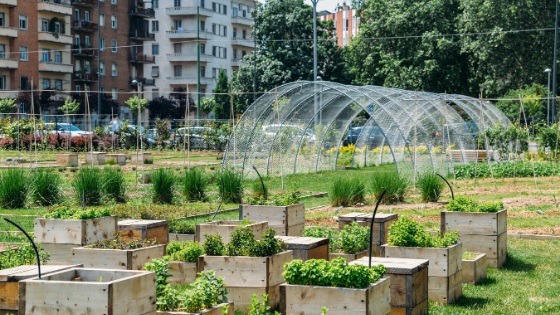
In a world increasingly leaning towards sustainability and self-sufficiency, the joys of home gardening have captured the hearts of many. Whether you’re a seasoned gardener or just starting out, the idea of cultivating your own fresh produce, herbs, and even small livestock is an adventure that promises both fulfillment and connection to nature. Agcenture will give you a series of posts to equip you with the knowledge and skills needed to start and flourish your kitchen garden.
From choosing the best plants for your climate to understanding the benefits of crop rotation and creating a wildlife-friendly environment, we’ve covered essential topics to help you cultivate a vibrant and productive garden.
In our opening posts, we introduce you to the foundational aspects of home gardening. You will learn about how to select the right plants for your environment, focusing on native and adaptive species that thrive in your local conditions. We explore the concept of companion planting, showing how certain plants can benefit one another, enhancing growth and pest control.
Watering Techniques
Watering your plants effectively is crucial for their health. You will delve into various watering methods, such as drip irrigation and soaker hoses, to ensure your garden remains hydrated while conserving water. Additionally, we discussed the best times to water your plants, emphasizing the importance of morning and evening watering schedules to reduce evaporation and promote healthy growth.
Soil Health and Fertility
Healthy soil is the cornerstone of a thriving garden. Throughout the series, we discuss the significance of soil testing and amending your soil with organic matter. We also highlight the practice of crop rotation, which not only replenishes soil nutrients but also helps control pests and diseases, ensuring a sustainable growing environment.
Creating a Wildlife-Friendly Garden
Recognizing the importance of biodiversity, you will explore how to create a garden that attracts beneficial insects and pollinators. You will learn more about diverse planting, providing water sources, and creating shelter for wildlife, all of which contribute to a balanced ecosystem. By inviting nature into your garden, you not only enhance plant health but also support local wildlife.
Protecting Your Garden from Extreme Weather
Extreme weather conditions can pose challenges to gardeners at any time of the year. In our posts, we will provide tips on how to protect your plants from harsh winters, strong winds in spring, scorching summer heat, and the unpredictable storms of fall. Whether through mulching, shade solutions, or proper harvesting techniques, you now have the tools to ensure your garden thrives through all seasons.
Small Livestock and Sustainable Practices
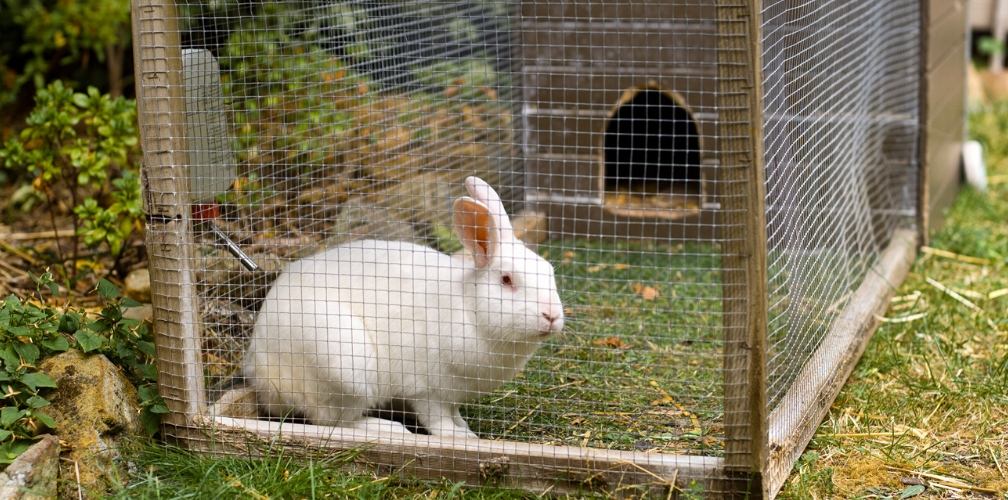
Expanding your gardening journey doesn’t have to stop at plants. We will venture into the realm of small livestock, discussing the best poultry and small animals for home gardeners. You will discover how to integrate animals into your gardening routine, enriching your soil with their natural behaviors and providing a source of eggs or meat.
Selling Your Excess Produce
Finally, you will explore the business side of home gardening and urban agriculture by discussing how to sell your excess kitchen garden produce successfully. From understanding local markets and pricing to choosing the right sales channels, you now have a roadmap to turn your gardening surplus into a profitable venture while sharing the joy of homegrown food with your community.
Conclusion
Our home gardening series will provide you with a wealth of knowledge to help you cultivate a flourishing garden that benefits both you and the environment. Whether you’re growing vegetables for your family’s table, creating a habitat for wildlife, or selling your produce to neighbors, the skills and strategies you will learn will empower you to thrive in your home gardening journey.
As you embark on or continue your home gardening adventure, remember that each seed you plant is a step towards sustainability, self-sufficiency, and a deeper connection with nature. keep gardening!
